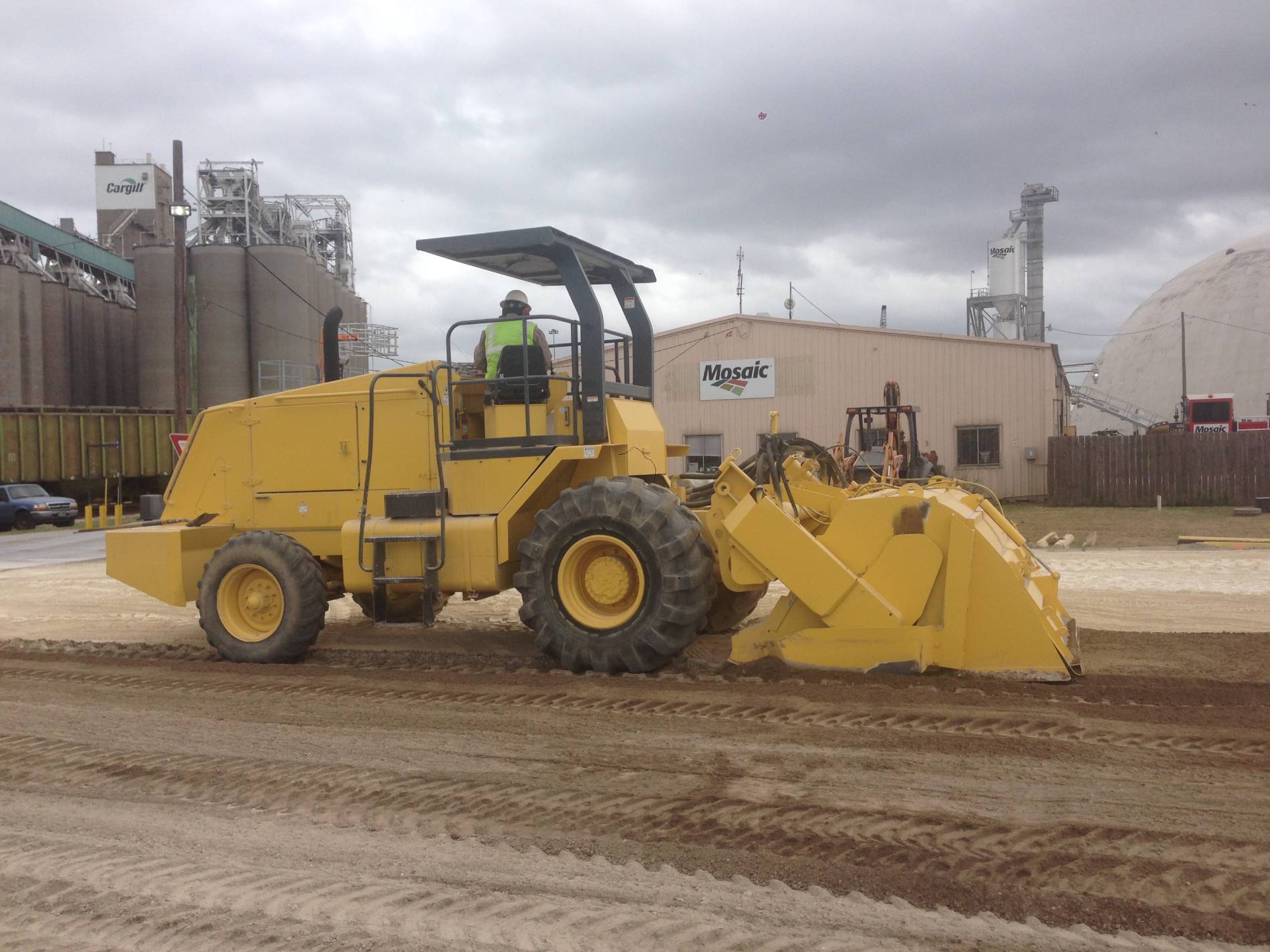
What Is Cement Stabilization?
Whenever you are building a concrete highway or asphalt parking lot, it is important to ensure that the subgrade is strong and stable. Unless the underlying soil can be adequately compacted, the ground beneath the pavement can move laterally or horizontally. Although there are various ways to modify problematic soil, one of the best ways to address this issue in Houston and Beaumont TX is called cement stabilization. The short answer is that it is a method of soil stabilization that makes use of cement.
Understanding the Basics of Cement Stabilization
In simple terms, cement stabilization mixes cement with soil to improve the strength and durability of the soil. This helps to create a solid, stable foundation that can handle heavy loads and resist damage from weather and erosion. When performed by experienced cement stabilization companies, this process will also increase the tensile strength and load-bearing properties of the soil.
Ideal Pavement Types for Cement Stabilization
Cement stabilization services can be used as part of the construction process for virtually any type of pavement. Roads, parking lots, tennis courts, and any other pavement that needs a strong, stable foundation can benefit from stabilization cement services. However, it is important to note that cement stabilization in Houston and Beaumont TX has more to do with the type of soil at the site than the type of pavement.
Many sites in the Houston and Beaumont TX area have soil containing a great deal of clay. These soils expand and contract when their moisture levels change, and the repeated movement of the ground can inflict damage on the pavement above. Over the decades, many methods of soil stabilization have been used with varying degrees of success. In recent years, however, Houston cement stabilization has become an increasingly popular method of soil stabilization.
How Does a Houston Cement Stabilization Company Perform the Procedure?
As is the case for most construction projects, contractors must first know what issues they need to address. For stabilization cement companies, this first step is typically an analysis of the soil at the building site. In some cases, a Houston cement stabilization company may incorporate fly ash, lime, or other additives that are then mixed with the existing soil. For extremely inadequate soil, this companies may need to remove some of it and replace it with a better type. The next step in Beaumont TX and Houston cement stabilization project is to mix pulverized soil, cement, and water together, then ensure that it is evenly distributed.
What Are the Benefits of Houston Cement Stabilization?
As previously noted, cement stabilization services can provide a stronger, more stable foundation for your pavement. However, there are other noteworthy benefits.
- When a paving engineer includes the services of a Beaumont TX and Houston cement stabilization company, it is often possible to reduce the thickness of the concrete without compromising the pavement.
- Cement stabilization services can reduce the carbon footprint of a project. Less material winds up in landfills, and fewer trucks are typically needed.
- Cement stabilization in Beaumont TX can often reduce the cost of your paving project. Depending on the exact nature of your project, you could potentially save money on both materials and labor.
If you are interested in cement stabilization services, reach out to the professionals at Pavement Services. We also offer concrete installation services for commercial foundations, ADA-compliant ramps, and concrete parking lots. In addition, we offer concrete repairs, parking lot striping, asphalt repair, asphalt sealcoating, asphalt paving, and dust control services. During the more than 30 years we have served the Houston area, we have established an extraordinary reputation for service, workmanship, and integrity. Call us at (713) 661-9295 to discuss your project or request a free quote. If you prefer, you can use our online form to send us a message.





